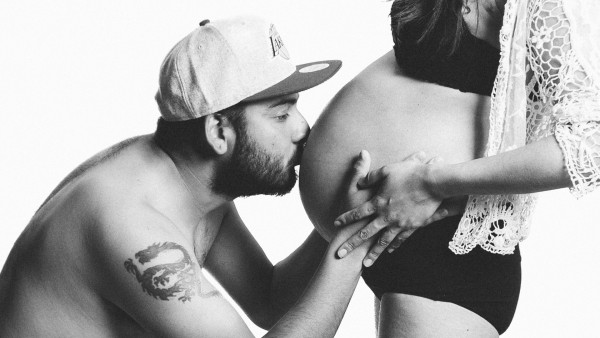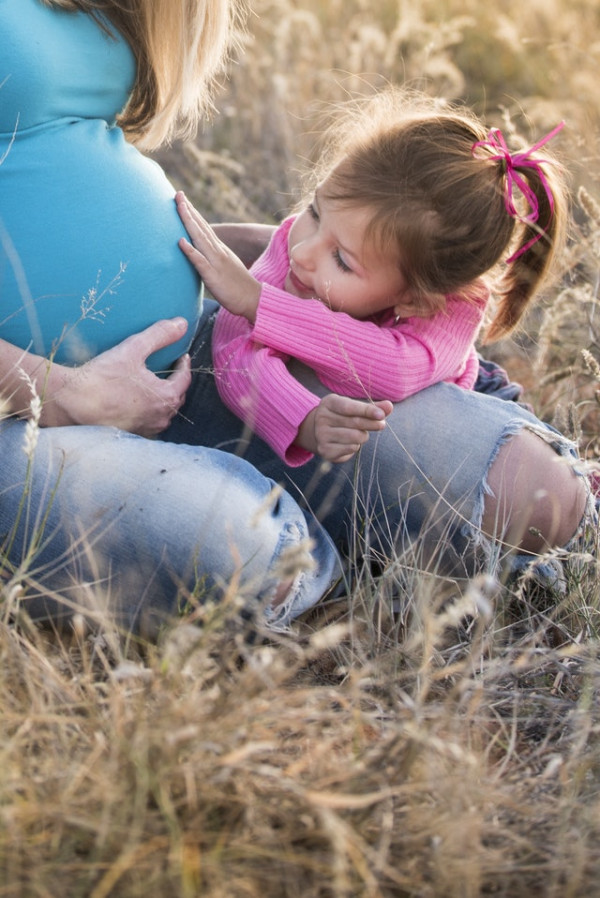Healthy relationships

People in healthy relationships love and support each other, helping each other emotionally as well as practically.
Pregnancy brings with it a lot of change. An expectant mother has lots of hormones running through her body that may cause emotional ups and downs, and the physical changes can affect how she feels emotionally and physically.
You and your partner are both adjusting to a big change in your lives, and it’s normal to feel quite overwhelmed, especially early on. It’s important to support each other through these times.
Common worries in pregnancy for one or both of you can include:
- general concern about having a baby – for your career, for your life as you know it, for your financial security, or over the timing of the pregnancy
- concern your partner is less interested and connected to your unborn baby
- whether your changing body will ever be the same again
- concern over whether your sex life will ever be the same again.
It’s a good idea to talk through your thoughts and feelings with your partner, both about the pregnancy and about your expectations once your baby is born. This can help you clear up misunderstandings and manage conflict.
Sometimes pregnancy can be a trigger for family violence to start, or for people in a violent relationship it can make the abuse worse.
Sex and pregnancy
Unless your doctor or midwife has told you it’s not safe for you to have sex, it’s fine to do it when it feels right for you.
Some women find their libido increases during pregnancy. Hormones and extra blood flow to your genitals can make sex more enjoyable when you’re pregnant.
For others who suffer from nausea, sore breasts, or feel very tired, sex is often the last thing they want.
Some people worry about hurting the baby during sex – don’t worry, your baby is protected by the strong muscles of your uterus and by the sealed-off sac of amniotic fluid around them.
It is normal to have mild stomach cramps during or right after sex – they may happen because the muscles in the uterus contract during orgasm, or because of the hormones in a male partner’s semen. You can ease these mild cramps by having a warm bath.
Preparing your child for baby number two (or more)

If you have an older child or children, it’s a good idea to prepare them for having a new baby in the house. Some children will be more interested than others at the prospect of having a little brother or sister.
Toddlers won’t understand much about what it means, but still:
- talk to them about the new baby growing in your tummy and show you’re excited about it. Hopefully your excitement will rub off on them!
- show and read them books about a new baby
- give the older child a present from the new baby when they arrive.
Preschoolers are likely to still be very attached to you, and may be less than enthusiastic at the idea of sharing you with anyone else. They might feel threatened by the idea of a new baby. It’s a good idea to:
- show and read them picture books about a new baby
- involve them in preparing for the baby, take them shopping, show them their own baby pictures, perhaps buy them a baby doll so they can look after their own baby
- be honest – explain the baby will cry and take a lot of your time, but let them know you’ll love them just as much, and they’ll always be very special
- try to make any major changes before the baby comes – things like toilet training or moving to a big bed – or wait until after the baby is settled in at home
- let them know who’ll look after them while you’re having the baby
- give the older child a present from the new baby when they arrive.
School-age children aren’t usually as threatened by a new baby as younger children are, but they still might resent the attention the new baby gets.
Having the right support crew
Once your baby arrives, you and your partner will need help and support to get through the early months of adjusting to having a baby in the house. A good support network can help give you emotional back-up, along with practical help.
A support network doesn’t need to be limited to family. It can include friends, neighbours, and other trusted people you can rely on. If you don’t have these people nearby, have a think about people you and your partner could call on for help or advice once your baby arrives.
Other families at a similar stage of life can also be great support, and can often share information about other services in your area you could access. Antenatal classes are a great way to meet people, and once your baby is born there are many other ways you can connect with other parents.
Being pregnant when you’re single
If you’re going through pregnancy without a partner – whether by circumstance or by choice – it can be helpful to have people you can talk to and offer support.
If possible, it’s a good idea to have a pool of people you can call on before and after your baby is born, whether family members, friends, or others you trust. Ask your midwife or lead maternity carer about groups for single parents in your area.
You can choose who you take with you to appointments, antenatal classes, and to the birth, whether it’s the baby’s father, a friend, whānau, or someone else you trust.
Coping when you're alone